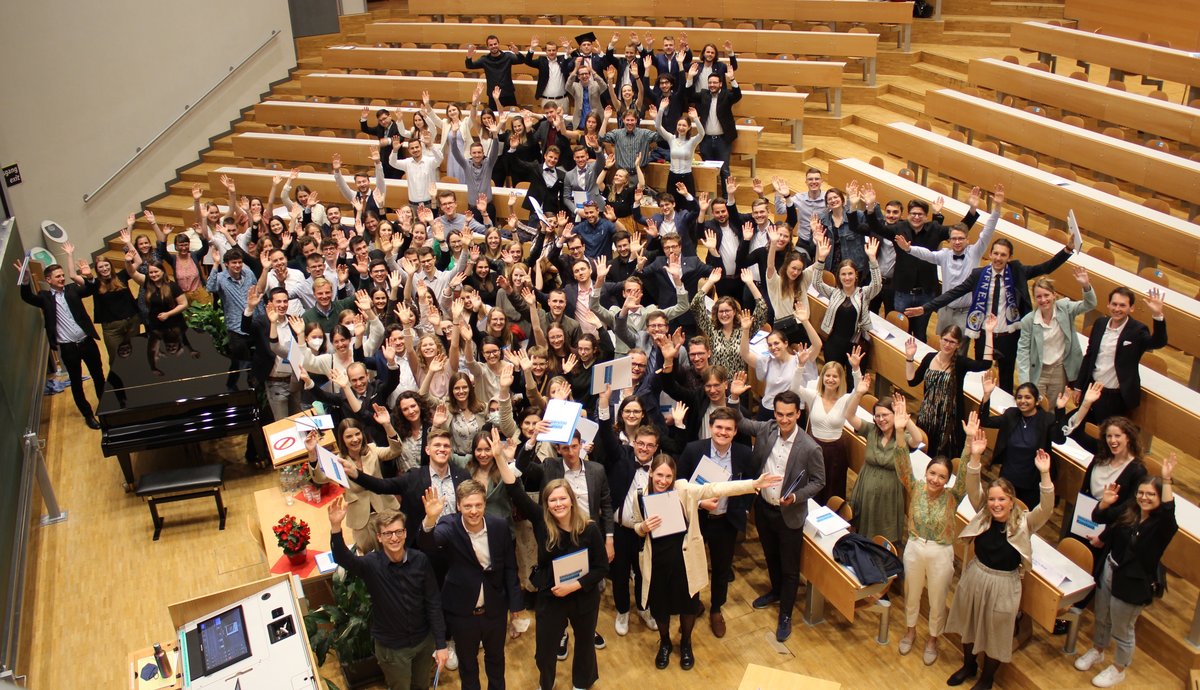
CHE Ranking 2024: Excellent results once again for the Department of Politics and Public Administration
The Department of Politics and Public Administration is one of the eight subjects at the University of Konstanz that were re-evaluated in this year's CHE ranking. The results are excellent (as in the last CHE rankings in 2021 and 2018). In 13 out of 14 indicators, the department performs above average, often with top rankings. The assessment is particularly good in the categories of study organisation, support during the studies, support for exchange programmes and library facilities.
Read more


